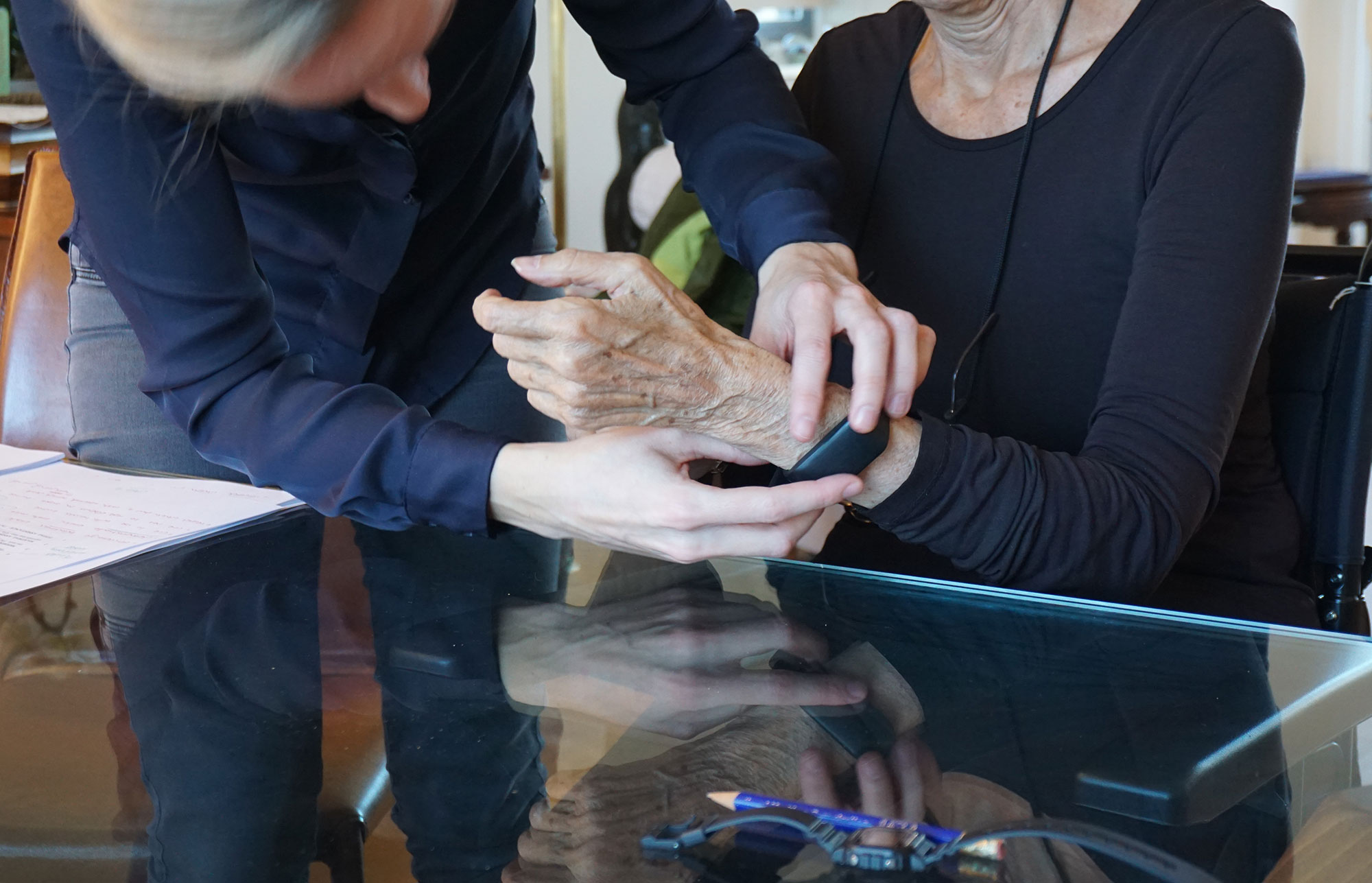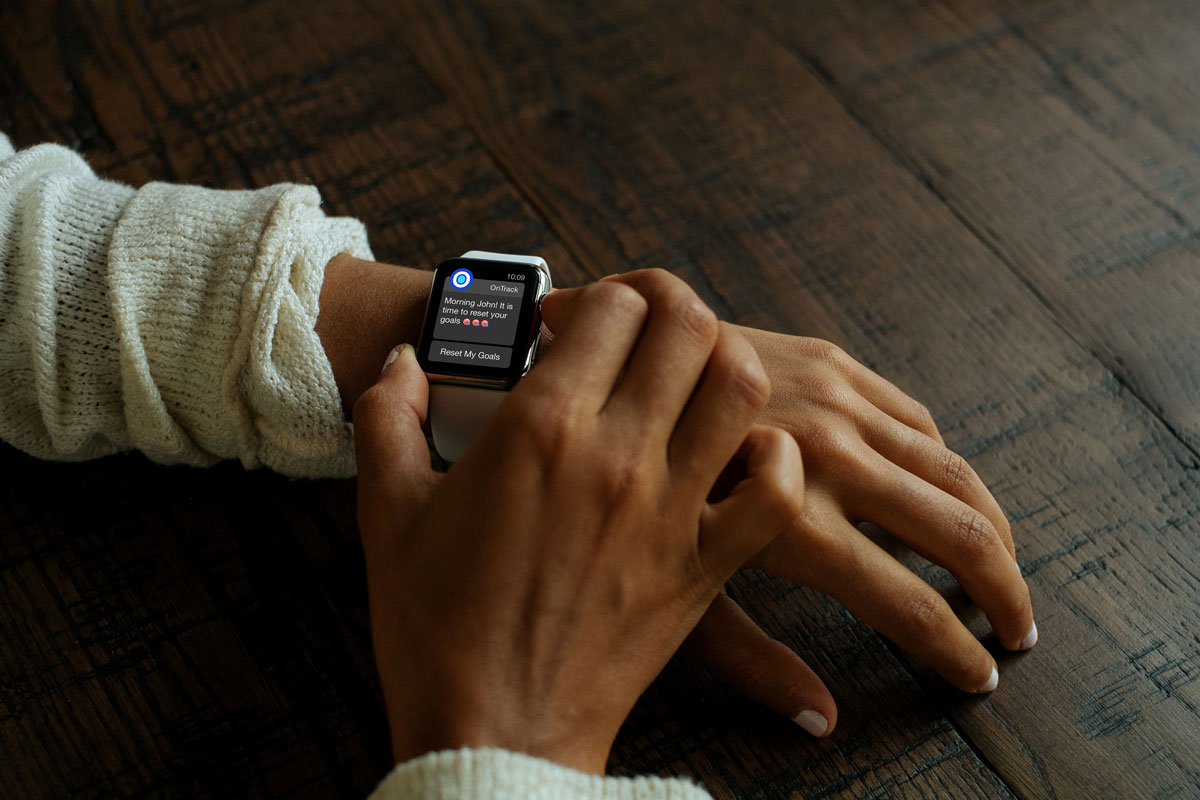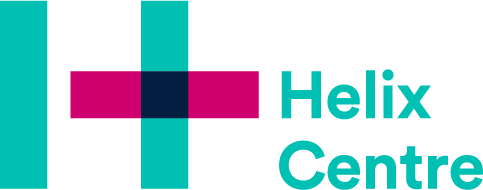
OnTrack Rehab
Developing scalable, evidence-based solutions for neurorehabilitation through a deep understanding of behaviour and data
Arm impairment is the most common type of disability for stroke survivors, affecting 450,000 people in the UK alone. The resulting loss of independence and isolation can be devastating for both survivors and their relatives. Clinical research tells us that early access to intense rehabilitation is critical for recovery, yet stretched services and the hurdle of hundreds of hours of isolated, repetitive exercises make this a challenge to achieve consistently.
In order to understand the complexities of stroke services and people's lives, we conducted an ethnographic study (funded by InnovateUK) in collaboration with Imperial College Healthcare NHS Trust, two community NHS Trusts and three stroke charities. Spending time with hundreds of therapists, stroke survivors and family members revealed how much people struggle to engage with therapy and how dependent they are on therapists for feedback, yet NHS support is finite and often rehabilitation needs outlast this resource. People said, “after rehab you're on your own” and we thought: what if you weren't?

OnTrack app for Apple Watch
We focused our attention beyond the one hour of daily therapy provided by the many dedicated but stretched physiotherapists, occupational therapists and others, and thought about ways we might convert life's many daily activities - a potential 90% of our waking hours - into productive rehabilitation. The rehabilitation experience we've designed and tested with early users takes daily life as the background for a different type of engagement. We start where people are today, helping them see how the seeming minutia of their daily routines can become useful for rehabilitation purposes, and provide them with a mechanism for setting progressive goals using these activities.
We call this OnTrack Rehab, a new rehabilitation platform aiming to use data to support patients and help them manage their recovery from the start, complementing the efforts of frontline healthcare professionals.
It is enabled by applications we've developed for both smart watches and smart phones, and by the data that helps users learn from their activities. Patients can share their progress and data with their clinical teams, who in turn have never had the ability to see what was happening when they weren't there. We have already started to see a knock-on impact on how people approach therapy time, creating a virtuous circle of feedback and progression.
Results from our clinical trials have been promising, you can read about our first feasibility trial and independent process evaluation. We are currently expanding our evidence base through the UPBEAT Trial, a new randomised feasibility trial recruiting patients from three NHS Trusts in London. The study is being delivered in collaboration with City St George's University of London, Cardiff University, and Imperial College Health Partners (Health Innovation Network) with funding from SBRI Healthcare.



